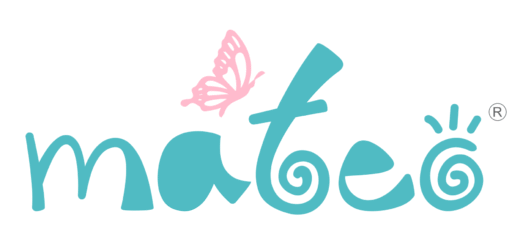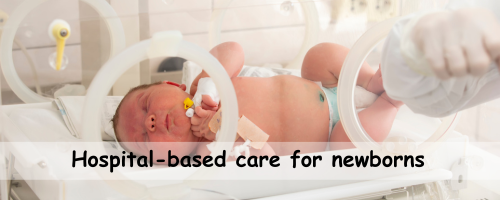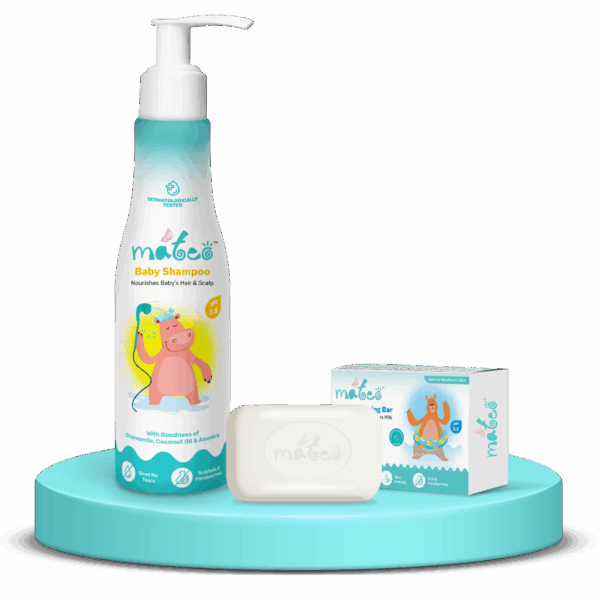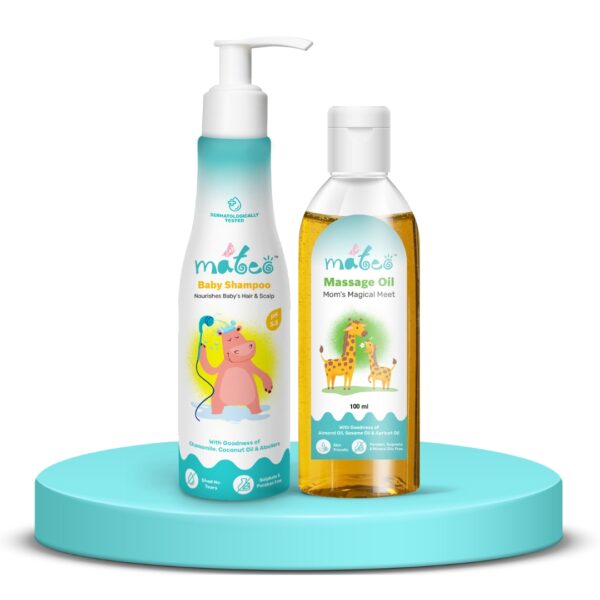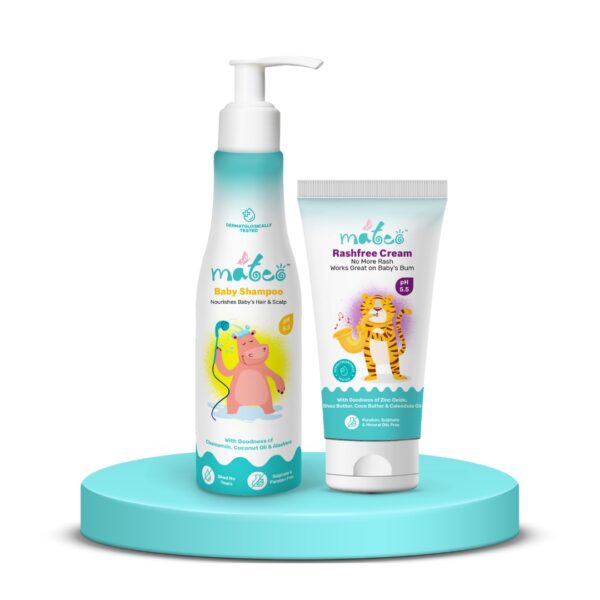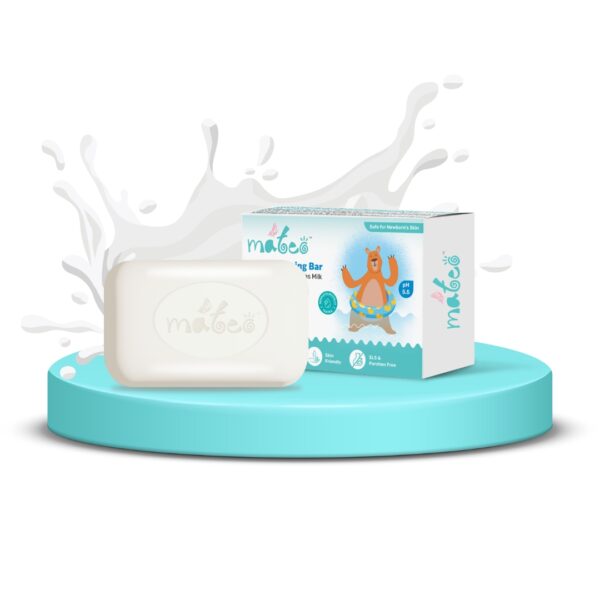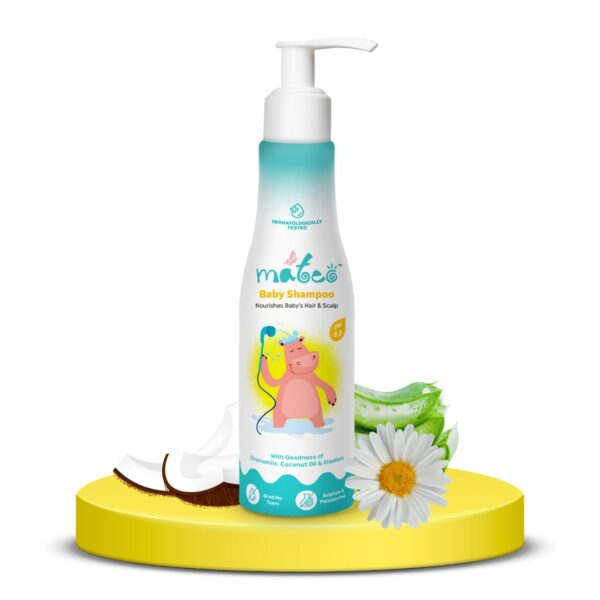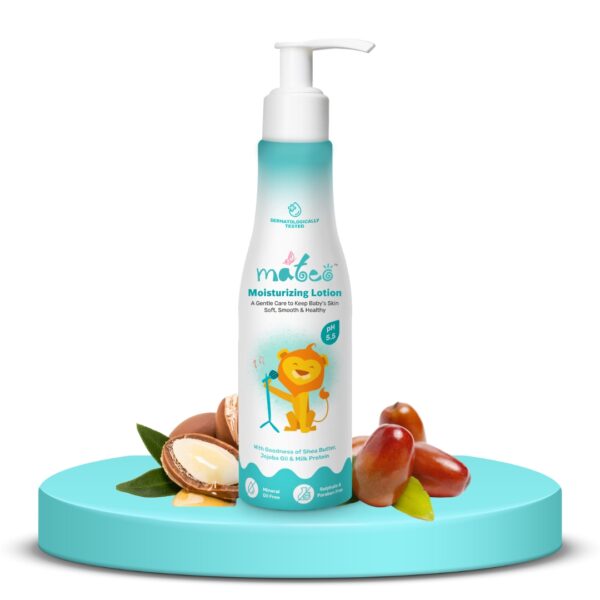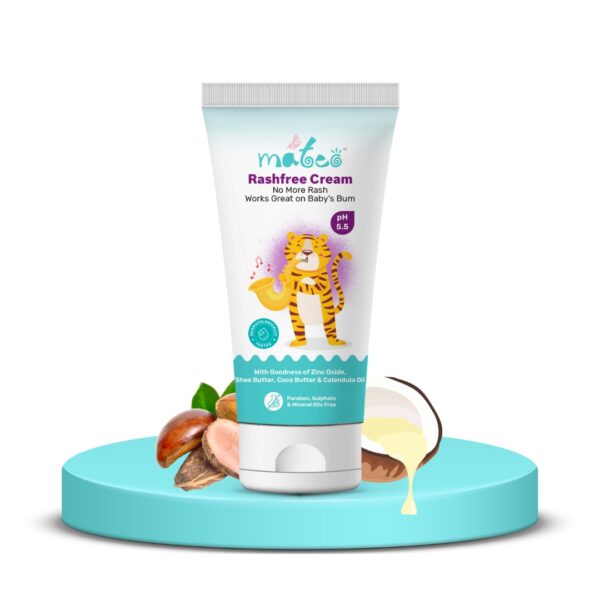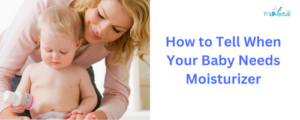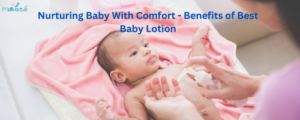Table of Contents
- The Critical Components of Basic Newborn Care
- Immediate Newborn Baby Care After Birth
- Cleaning of Newborn After Birth in Hospital
- Thermal Care and Resuscitation
- Breast Milk Feeding Support
- Nurturing Care and Infection Prevention
- Health Assessment and Response
- Timely Referral and Monitoring
- Medical Care and Check-Ups
- Vaccinations and Health Monitoring
- Newborn Care in the Hospital: Assessments and Interventions
- Conclusion: Empowering Parents for Newborn Care
- FAQs
The birth of a child is an important event, full of celebration. Yet amid this joy, maintaining the health and well-being of new life has become a pressing concern. Universal newborn baby care after birth. Every baby should have the right to get high-quality treatment, irrespective of their place and circumstances. Let’s see in detail what newborn care is in the hospital.
The Critical Components of Basic Newborn Care
Giving birth is a once-in-a-lifetime experience, and with it comes emotions running wildly through the mind as well as new responsibilities. The health and safety of a just-born baby is the shared concern of parents, childcarers and healthcare workers. The essence of essential newborn care is a set of basic points that guarantee overall health and development from day one.
Immediate Newborn Baby Care After Birth
The few minutes immediately following birth are particularly important. Other practices, such as delayed clamping of the umbilical cord, drying to prevent hypothermia and checking on breathing are also crucial along with extending skin-to-skin contact for bonding (as designated by lactation consultants), and early breastfeeding. Such practices lay the foundation for health and development in the newborn.
Cleaning of Newborn After Birth in Hospital
Immediately after birth, the initial cleaning process for a newborn involves wiping the baby gently with a soft, clean cloth or towel to remove any fluids and debris from the skin. This helps maintain cleanliness without the use of baby products that might irritate the delicate skin. The baby’s eyes and face are usually cleaned with sterile gauze or cotton pads dampened with sterile water to prevent infection.
No specific baby products are typically used at this stage to avoid potential skin irritation or allergic reactions. The focus is primarily on gentle and careful cleaning using sterile materials to ensure the newborn’s immediate hygiene without exposing them to unnecessary products
Mateo tip-to-toe wash for newborn babies is designed in such a way to treat and clean delicate newborn skin. It is free of chemicals and helps protect them with a balanced pH level of 5.5 for newborn skin. The ingredients are hypoallergenic and dermatologically tested for newborn delicate skin.
Thermal Care and Resuscitation
Keeping the baby’s body temperature is essential to its survival. Most emphasis is put on thermal care, keeping the baby warm and comfortable. What’s more, immediate resuscitation is available if required to ensure the baby can breathe normally.
Breast Milk Feeding Support
It is without a doubt that breastfeeding provides the best advantages for both baby and mother. Encouraging and helping women to breastfeed from the first minute after birth is also important. Besides providing nutrition, there are also antibodies that the baby can receive and be nourished by love for the mother.
Nurturing Care and Infection Prevention
In addition to basic physical requirements, nurture means providing a warm and stable atmosphere in which the baby can grow emotionally and psychologically. At the same time, infection control and hygiene measures are essential to protect this baby’s weak immune system.
Health Assessment and Response
Frequent examinations allow us to detect any problems at an early stage. Identifying danger signals and taking appropriate action on time is the key to preventing complications.
Timely Referral and Monitoring
Furthermore, the referral process must proceed smoothly and with safety in mind for any patient whose case calls specifically for specialised care. Constant monitoring and collection of data help assess the quality of care received, thereby facilitating an improvement in newborn health.
Medical Care and Check-Ups
Medical care for the newborn, however, does not end with birth. The immediate post-birth examinations, conducted either in the nursery or at the parent’s side, involve crucial assessments:
- Measuring weight, length, head circumference
- Measuring blood pressure, temperature and pulse rate.
- Noting skin colour and activity levels.
- Providing necessary medication and prophylaxis, such as eye drops, and vitamin K injections.
The follow-up visits by the doctor and office checkups, usually within a few days after all of this has occurred, are important stages in any baby’s medical history. Such visits include a complete examination, information about feeding and sleeping habits, along advice to parents in caring for their newborn at home.
Vaccinations and Health Monitoring
Vaccination is one of the most important measures in preserving a baby’s health from infection. Starting with a hepatitis B vaccine injected within 24 hours of being born, the process is continued in later months by an immunisation program.
Besides vaccinations, parents should remain alert and take the newborn to a doctor immediately if any abnormal symptoms appear. Fever, breathing difficulties, changes in stools or other symptoms mean it’s time to call a doctor.
Newborn Care in the Hospital: Assessments and Interventions
Care in a hospital begins with numerous tests and precautions to ensure the baby’s smooth adjustment. Routine examination tests such as the Apgar test, which measures appearance, pulse rate and respiration all indicate the initial health of a baby.
In addition, vitamin K shots, eye drops (to prevent blindness), screening tests and occasionally even a hearing test and hepatitis B vaccine are designed to care for the baby’s potentially fragile health.
Conclusion: Empowering Parents for Newborn Care
The next step is to understand and practise the important principles of newborn care. Understanding these issues helps us guarantee that a child born in this hospital will be healthy when it leaves home with its mother. Giving parents understanding on these points, as well as medical checkups and vaccines–while also getting them to be more active in addressing the issue of precious little ones from the start–is a vital element. In protecting their health and safety, the more each step forward is taken toward a better future.
Frequently Asked Questions
1. What is newborn care in the hospital?
After birth, several basic care steps must not be neglected–such as drying the baby to prevent hypothermia; and checking for the ability to breathe on one’s own and first cry Therefore, we should attach great importance. These practices are also very important in providing a healthy environment for the baby beginning from its first day.
2. Routine care and medical treatment What does a newborn need to remain healthy?
Caring for a newborn involves things like body temperature maintenance, and promoting the establishment of breastfeeding. This provides an environment that meets conditions in this period, infectious disease. Prevention and practices, regular health assessments with timely referral to special care are necessary. Medical examinations covering various procedures such as vaccination were also completed during the stay. Together, these steps protect the health and welfare of the newborn child.

Nivethitha Sridharan
Nivethitha is a mother of two children and has a great interest in writing as an experienced mother. She publishes educational and interesting articles on baby care and also assists parents in selecting the finest baby products for their baby’s skin and well-being. She focuses on infant skin care and health issues. She also provides suggestions and guidance on baby care and avoids common skin disorders in newborns. Nivethitha likes studying and writing about new and innovative ideas that might assist people in finding solutions to their problems. She feels that content writing is an effective means of communicating thoughts and information to the world.
-
Baby Shampoo & Cleansing Bar (Combo Pack)
Add to basket₹580.00 -
Baby Shampoo & Massage Oil (Combo Pack)
Add to basket₹590.00 -
Baby Shampoo & Rashfree Cream (Combo Pack)
Add to basket₹575.00 -
Mateo All in One Pack
Add to basket₹1,700.00 -
Mateo Baby Cleansing Bar
Select options₹185.00 – ₹740.00 -
Mateo Baby Shampoo
Select options₹395.00 – ₹1,185.00 -
Mateo Massage Oil
Select options₹195.00 – ₹780.00 -
Mateo Moisturizing Lotion
Select options₹350.00 – ₹1,050.00 -
Mateo Rashfree Cream
Select options₹180.00 – ₹720.00
